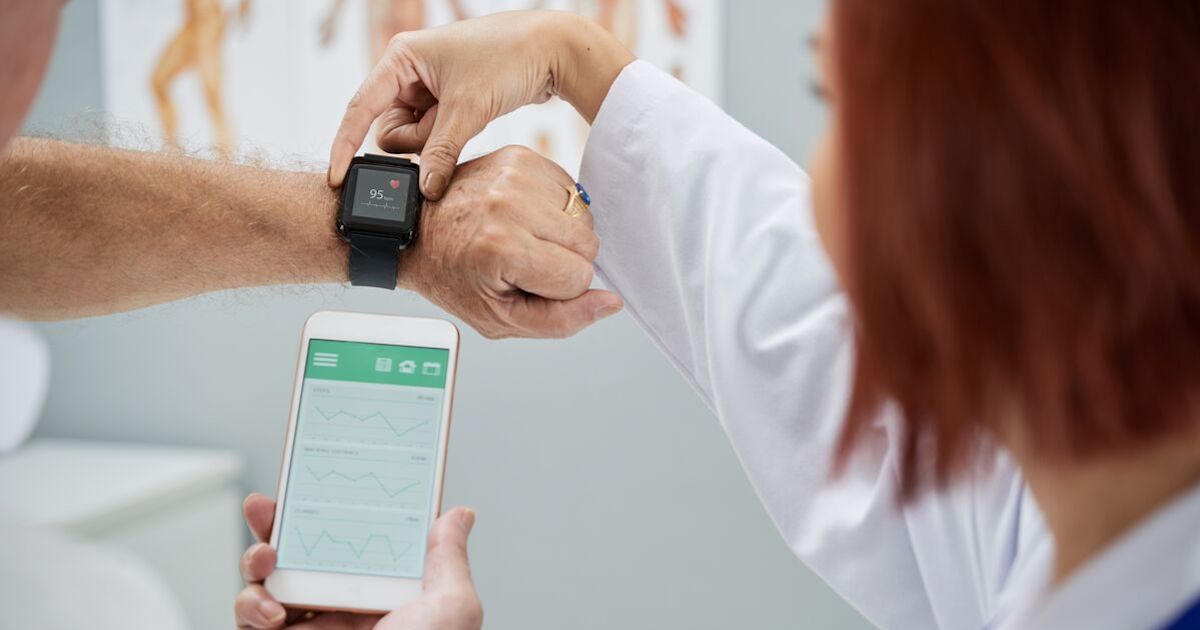When consultancy Simon-Kucher conducted its digital health trends survey in 2019, partner Jan Bordon was surprised by the digital immaturity of many healthcare and life science companies.
That changed in 2022 as the COVID-19 pandemic pushed companies to seriously consider digital tools and strategy. But now healthcare players need to take on another challenge: getting providers to use and recommend digital health products.
Bordon and Kay Schultze, senior manager at Simon-Kucher, sat down with MobiHealthNews to discuss the latest digital health trends report and what providers want from digital health.
MobiHealthNews: Where do you think that we’re at right now when it comes to healthcare provider interest and uptake of these tools?
Jan Bordon: I think you need to potentially differentiate between patient-centric solutions when it comes to prescribing DTx — digital therapeutics —- or prescribing solutions which are meant to be used by the patient versus HCP-centric solutions where the HCP is using software or an AI algorithm to diagnose or to make more informed decisions.
Now, I think from a more patient-centered perspective — and that was also one of the focus areas of the study — we see a huge difference between HCPs. There are still HCPs that are being laggards, not really being open, still very skeptical about digital therapeutics as a treatment option. And then we have the champions, which are the ones who are really driving it, more the younger ones who are really confident in recommending it. Those two are the extremes.
And then you have the big group in the middle, which we call the cautious explorers. Yes, they have heard about it. Yes, they have read about it. There’s still some skepticism about it, and they need to be convinced. So if you group those cautious explorers and laggards together, I think it makes nearly 70% of the HCPs that participated in our study.
So there’s still a huge amount of gatekeepers, which those HCPs are. They are the gatekeepers, and they are still the ones that patients are following. Even though patients are receiving information from Google, from ChatGPT and all of those sources, they still trust the HCP the most. But if two-thirds of those are not yet convinced, or are not even aware of potential solutions, there’s also a limitation of how many prescriptions you can generate.
It just takes, from my perspective, time to really convince that big group of cautious explorers. I think the laggards, you will have a hard time to really convert them from being against it to really push for digital solutions. But I think those cautious explorers are the ones who will make the change.
Kay Schultze: I would really say we’re more towards the beginning of the curve, although there is definitely a positive trend. From our results, 83% of our HCPs thought that the use of digital health solutions would increase in the future. So I think they all understood the trend. But then, if you look at what are the most commonly accepted solution types, they see the biggest benefit at the moment in monitoring solutions for patients.
And if you really look at the barriers, what is preventing them from recommending or prescribing solutions? It depends a bit on the attitude of the different HCPs. But one of the number one concerns is still concerns or doubts with regards to the product effectiveness.
So in the end, there is definitely some joint effort from policymakers, payers and the industry needed to convince them about the added benefits. Next to product effectiveness, compliance with data protection and security is raising some liability concerns as well.
There’s also some overall concerns on usability. Patients would start using an app, and then at one point, they just drop out. So even if the product is effective for a patient, they are also a bit reluctant to spend the effort to support a patient in continuously using those solutions.
MHN: What were some of the things that you found that providers wanted from these tools that would make them more likely to use them with their patients?
Bordon: One thing was about what providers believe will enhance patient engagement with those solutions. I think it’s definitely the question of convenience of the solution. So simple data functionalities, automatic data integration into the apps, single sign-on.
The other thing was personalization, that a patient is able to enter their own goals, their own content, to really tailor the solution and how they use it to their own needs. Goal-setting was also a relevant topic, meaning that you have transparency, you have achievable goals. So those kinds of things, which makes the whole solution much more realistic, tangible for the patient and achievable.
When it comes to solutions that physicians are using — for example, HCP dashboards — it’s all about data integration, right? It’s all about the integration of the data into existing electronic health records. I want to have some report recommending what I should do, and then I decide what to do. But I don’t want to take on the challenge myself to spend hours to interpret results and then come up with a diagnosis or recommendation or treatment adjustments. It’s actually this convenience and ease of use for HCPs.
They’re also looking for access to individual patient data, not only on an aggregate level. But then also things like, how easy is it to implement in our own workflow? This question of not only data integration, but also integration into the overarching physician workflow, which has been an important point.





